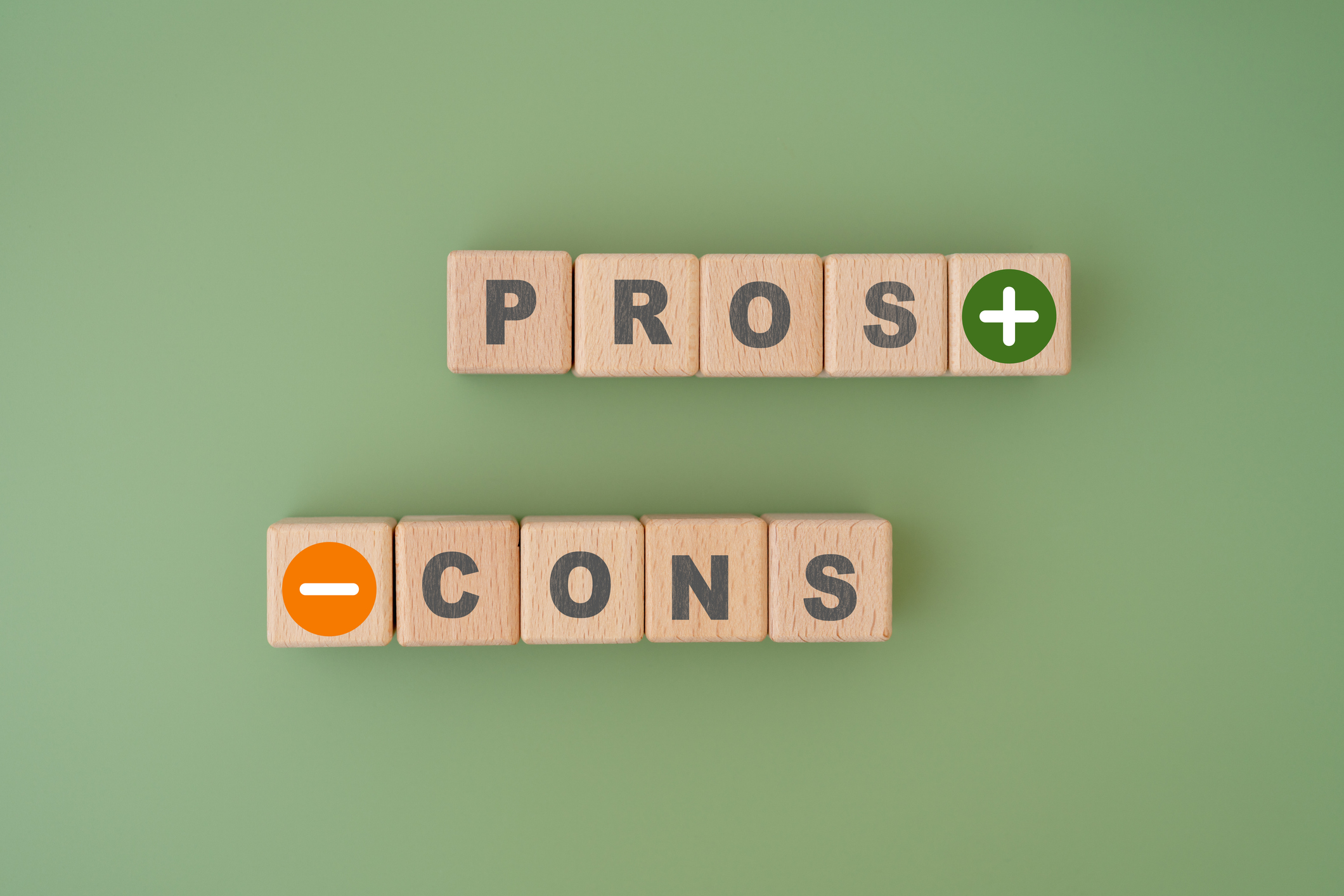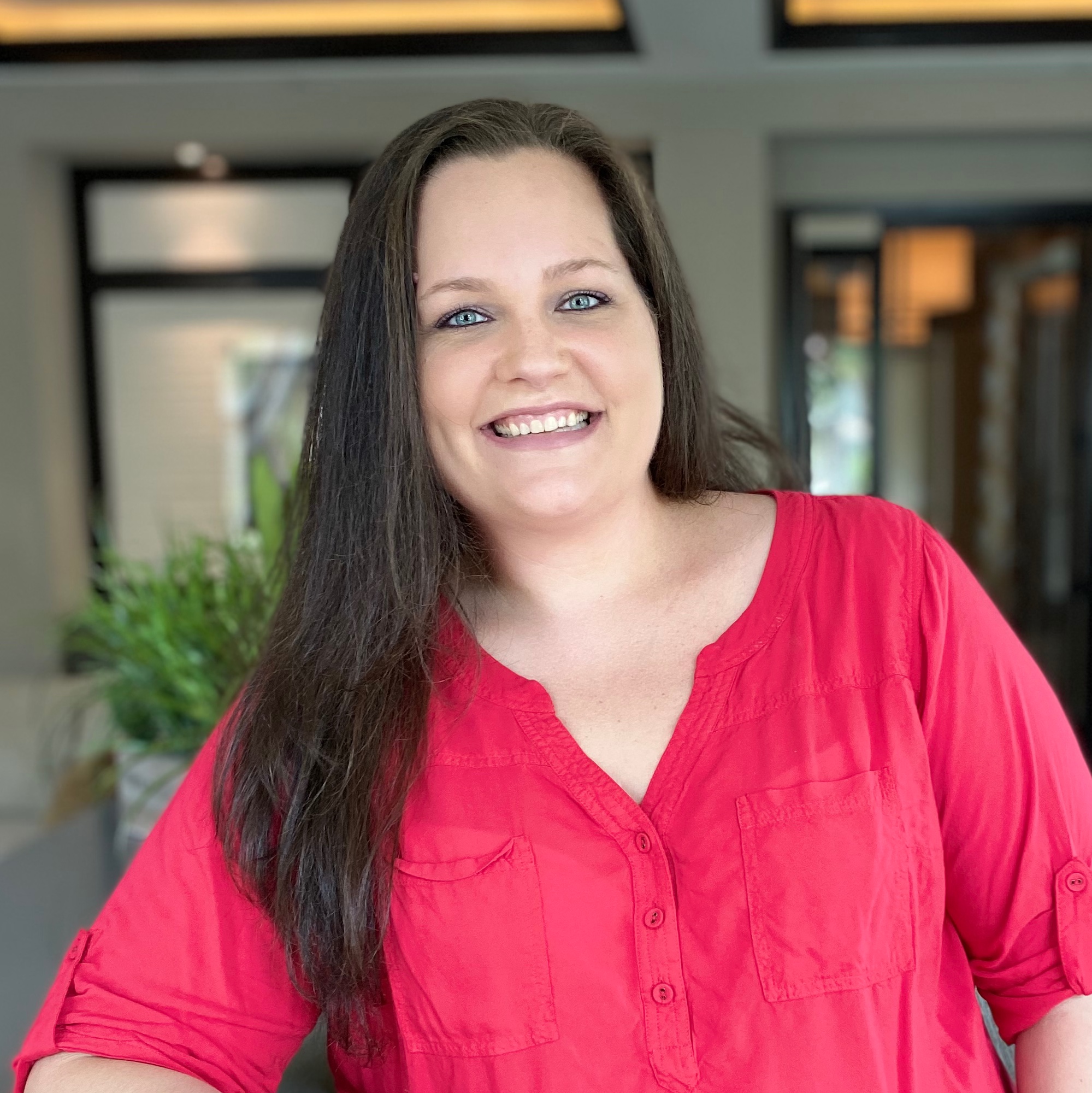
Profit and prosper with the best of Kiplinger's advice on investing, taxes, retirement, personal finance and much more. Delivered daily. Enter your email in the box and click Sign Me Up.
You are now subscribed
Your newsletter sign-up was successful
Want to add more newsletters?

Delivered daily
Kiplinger Today
Profit and prosper with the best of Kiplinger's advice on investing, taxes, retirement, personal finance and much more delivered daily. Smart money moves start here.

Sent five days a week
Kiplinger A Step Ahead
Get practical help to make better financial decisions in your everyday life, from spending to savings on top deals.

Delivered daily
Kiplinger Closing Bell
Get today's biggest financial and investing headlines delivered to your inbox every day the U.S. stock market is open.

Sent twice a week
Kiplinger Adviser Intel
Financial pros across the country share best practices and fresh tactics to preserve and grow your wealth.

Delivered weekly
Kiplinger Tax Tips
Trim your federal and state tax bills with practical tax-planning and tax-cutting strategies.

Sent twice a week
Kiplinger Retirement Tips
Your twice-a-week guide to planning and enjoying a financially secure and richly rewarding retirement

Sent bimonthly.
Kiplinger Adviser Angle
Insights for advisers, wealth managers and other financial professionals.

Sent twice a week
Kiplinger Investing Weekly
Your twice-a-week roundup of promising stocks, funds, companies and industries you should consider, ones you should avoid, and why.

Sent weekly for six weeks
Kiplinger Invest for Retirement
Your step-by-step six-part series on how to invest for retirement, from devising a successful strategy to exactly which investments to choose.
While mortgage interest rates for 30-year loans were north of 7% at the start of the year, they’ve been slowly easing down. With interest rates trending lower, you might be wondering if now’s the right time to scoop up a vacation home.
A second home can be more than just a weekend retreat. It can double as an investment property that earns income and appreciates over time. But if you’re not careful, that dream getaway could quickly turn into a financial headache.
Before you start house hunting, it’s important to weigh the benefits and drawbacks. Here’s what to consider before buying a vacation home.
From just $107.88 $24.99 for Kiplinger Personal Finance
Become a smarter, better informed investor. Subscribe from just $107.88 $24.99, plus get up to 4 Special Issues

Sign up for Kiplinger’s Free Newsletters
Profit and prosper with the best of expert advice on investing, taxes, retirement, personal finance and more - straight to your e-mail.
Profit and prosper with the best of expert advice - straight to your e-mail.
Pros and cons of owning a vacation home

A vacation home comes with a ton of upside, but if you’re careless in your research and spending, you could end up wasting your money. Still, several financial and lifestyle benefits can make a second home a smart move if the numbers work in your favor.
Pros of owning a vacation home
- Personal getaway. You get a place you can always stay, without paying for lodging. You don’t need to get a hotel or book an Airbnb.
- Potential rental income. While you’re not using it, you can make your home work for you. Smart interior design can transform your vacation home into an income-generating rental.
- Long-term appreciation. A well-chosen vacation home can do more than give you a place to relax, it can grow in value over time. When the market’s strong, selling later could mean pocketing more than you paid.
- Potential tax breaks. You might get some savings come tax time with a vacation home. For instance, you can deduct the mortgage insurance you pay on your second home. You may also qualify for state and local tax deductions.
Get smart tips on saving, spending and investing — delivered straight to your inbox. Sign up for Kiplinger’s A Step Ahead newsletter.
Cons of owning a vacation home
- High upfront costs. Buying a vacation home means you’ll need to come up with a down payment and closing costs. In the second quarter of 2025, the median home sale price was $410,800. Even if you only come up with 10% down, that’s more than $41,000.
- Expensive ongoing costs. You’re on the hook for insurance, property taxes, utilities and HOA fees, if applicable. If you put less than 20% down, you'll pay private mortgage insurance (PMI). This is all on top of the expenses for your primary residence.
- Home maintenance. From routine repairs to unexpected fixes, like a burst pipe or broken appliance, those costs can add up quickly — especially if you’re managing the property from afar.
- Potential depreciating value. Home values in vacation destinations can swing with demand and the economy. A market slowdown could lower your property’s value and cut into your potential return if you decide to sell.
How to decide if a vacation home makes sense for you
Signs you’re ready to own a vacation home
A vacation home isn’t for everyone, but it could make sense if you can manage both the upfront and ongoing costs of ownership. It helps to plan on keeping the property for several years so you can build equity and weather market changes. If you also have a strategy to generate income, such as renting it out when you’re not using it, your second home can serve as both a retreat and a long-term investment.
When a vacation home might not be the right move
A vacation home may not be the best choice if the down payment and closing costs stretch your budget too far. It can also become a financial burden if you’re not prepared for ongoing expenses like maintenance, insurance, and property management.
Real estate experts often recommend holding a property for at least five years to recover transaction costs and ride out market shifts. If you’re unsure how long you’ll keep the home, the short-term costs of buying and selling could outweigh any potential rewards.
Curious about today's mortgage rates? Explore and compare some of today's best offers with the tool below, powered by Bankrate:
How to prepare before buying a vacation home
Before you head to an open house or make an offer, take time to run the numbers and see how much home you can truly afford. Think through what you want from a vacation home — whether it’s a personal getaway, a rental investment, or both — and set a budget that keeps you financially comfortable.
Remember that owning a second property comes with new responsibilities. Your budget should cover not just the purchase price and closing costs, but also ongoing expenses like maintenance, insurance, utilities, and property management.
If you plan wisely, your vacation home can do more than offer a change of scenery. Turning it into a rental property when you’re not using it can help offset costs and improve your long-term return on investment.
A second home can be worth it but only with clear eyes
Buying a vacation home is a big decision that requires more than daydreaming about weekends away. It calls for an honest look at your finances, lifestyle and long-term goals. Take time to consider whether a second home will add comfort and enjoyment to your life or create more responsibility than you want to take on. The best choice is one that aligns with your budget, priorities and peace of mind.
Related content
Profit and prosper with the best of Kiplinger's advice on investing, taxes, retirement, personal finance and much more. Delivered daily. Enter your email in the box and click Sign Me Up.
Dori is an award-winning journalist with nearly two decades in digital media. Her work has been featured in the New York Times, Wall Street Journal, USA Today, Newsweek, TIME, Yahoo, CNET, and many more.
Dori is the President of Blossomers Media, Inc.
She’s extensively covered college affordability and other personal finance issues, including financial literacy, debt, jobs and careers, investing, fintech, retirement, financial therapy, and similar topics. With a strong journalistic background, she’s also worked in content marketing, SEO, affiliate marketing, content strategy, and other areas.
Dori graduated with a Bachelor’s degree in Multimedia Journalism from Florida Atlantic University. She previously served as the president of the Florida Chapter of the Society of Professional Journalists, where her chapter won the coveted “Chapter of the Year” award for two consecutive years.
-
 Quiz: Do You Know How to Avoid the "Medigap Trap?"
Quiz: Do You Know How to Avoid the "Medigap Trap?"Quiz Test your basic knowledge of the "Medigap Trap" in our quick quiz.
-
 5 Top Tax-Efficient Mutual Funds for Smarter Investing
5 Top Tax-Efficient Mutual Funds for Smarter InvestingMutual funds are many things, but "tax-friendly" usually isn't one of them. These are the exceptions.
-
 AI Sparks Existential Crisis for Software Stocks
AI Sparks Existential Crisis for Software StocksThe Kiplinger Letter Fears that SaaS subscription software could be rendered obsolete by artificial intelligence make investors jittery.
-
 We Retired at 62 With $6.1 Million. My Wife Wants to Make Large Donations, but I Want to Travel and Buy a Lake House.
We Retired at 62 With $6.1 Million. My Wife Wants to Make Large Donations, but I Want to Travel and Buy a Lake House.We are 62 and finally retired after decades of hard work. I see the lakehouse as an investment in our happiness.
-
 I'm an Opportunity Zone Pro: This Is How to Deliver Roth-Like Tax-Free Growth (Without Contribution Limits)
I'm an Opportunity Zone Pro: This Is How to Deliver Roth-Like Tax-Free Growth (Without Contribution Limits)Investors who combine Roth IRAs, the gold standard of tax-free savings, with qualified opportunity funds could enjoy decades of tax-free growth.
-
 I'm a Real Estate Investing Pro: This Is How to Use 1031 Exchanges to Scale Up Your Real Estate Empire
I'm a Real Estate Investing Pro: This Is How to Use 1031 Exchanges to Scale Up Your Real Estate EmpireSmall rental properties can be excellent investments, but you can use 1031 exchanges to transition to commercial real estate for bigger wealth-building.
-
 My Spouse and I Are Saving Money for a Down Payment on a House. Which Savings Account is the Best Way to Reach Our Goal?
My Spouse and I Are Saving Money for a Down Payment on a House. Which Savings Account is the Best Way to Reach Our Goal?Learn how timing matters when it comes to choosing the right account.
-
 The High Cost of Sunshine: How Insurance and Housing Are Reshaping Snowbird Living
The High Cost of Sunshine: How Insurance and Housing Are Reshaping Snowbird LivingThe snowbird lifestyle is changing as insurance and housing costs climb. Here’s how retirees are adapting and where they’re choosing to go.
-
 How to Turn Your 401(k) Into A Real Estate Empire — Without Killing Your Retirement
How to Turn Your 401(k) Into A Real Estate Empire — Without Killing Your RetirementTapping your 401(k) to purchase investment properties is risky, but it could deliver valuable rental income in your golden years.
-
 We're 62 With $1.4 Million. I Want to Sell Our Beach House to Retire Now, But My Wife Wants to Keep It and Work Until 70.
We're 62 With $1.4 Million. I Want to Sell Our Beach House to Retire Now, But My Wife Wants to Keep It and Work Until 70.I want to sell the $610K vacation home and retire now, but my wife envisions a beach retirement in 8 years. We asked financial advisers to weigh in.
-
 We Inherited $250K: I Want a Second Home, but My Wife Wants to Save for Our Kids' College.
We Inherited $250K: I Want a Second Home, but My Wife Wants to Save for Our Kids' College.He wants a vacation home, but she wants a 529 plan for the kids. Who's right? The experts weigh in.

